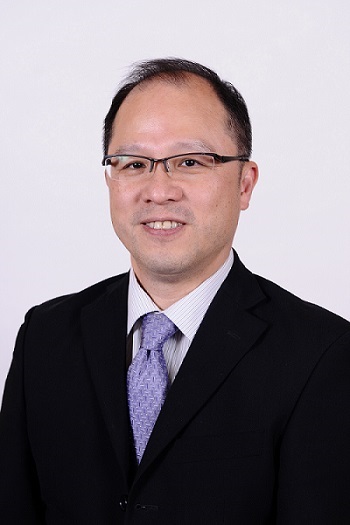|
May is the month filled with health promotion activities. First, we have the World Hand Hygiene Day, marked globally on 5 May of each year since 2010. It highlights the importance of maintaining hand hygiene in order to prevent infections in both the hospital and the community settings. To echo with the World Health Organization’s (WHO) initiative of “SAVE LIVES: Clean Your Hands” and the call to strengthen infection prevention and control programmes, the Infection Control Branch of the Centre for Health Protection (CHP), Department of Health (DH) set the theme of this year as “Don’t Pass on the Bugs. Wash or Rub with 7 Steps for 20 seconds is a MUST”. It aims to remind members of the public to perform hand hygiene properly. To clean both hands effectively, we must wash or rub for at least 20 seconds and cover all areas of our hands. Another special day for us is the annual World Family Doctor Day (WFDD), which has been marked on 19 May by WONCA since 2010. It is a day to highlight the important role and contribution of family doctors in healthcare systems around the world. |
 |
Family physicians provide patient care throughout the various stages in life. The key theme of this year is “Family doctors – caring for you for the whole of your life" which highlights the role of family doctors in providing life-long care to their patients – “from cradle to grave”. To celebrate this very special day, we are co-organising the World Family Doctor Day Symposium 2019 with DH on 11 May 2019. We look forward to your active participation.
Last but not least, the annual World No Tobacco Day (WNTD) is on 31 May. Health and other risks associated with tobacco use are highlighted to the public on WNTD. WHO set the theme of WNTD 2019 as “Tobacco and lung health”. Reducing tobacco use and second-hand smoke exposure are the most effective measures to improve lung health. All relevant parties and stakeholders are encouraged to organise campaigns to increase the awareness on the negative impact that tobacco has on people’s lung health, from cancers to chronic respiratory diseases, and on the fundamental role that the lungs play for the health and well-being of all people. The campaign also serves as a call to action, advocating for effective policies to reduce tobacco consumption and engaging stakeholders across multiple sectors in the fight for tobacco control. As mentioned in last month’s message, we should say “No” to e-cigarettes and related products. And in fact, we should say “No” to tobacco, period! “Make everyday World No Tobacco Day!”
As family physicians are in the forefront of patient contact, we are in the best position to pass on the aforementioned health messages to the general public. Let’s work with our patients to make our community a healthier one for all!
Dr. David V K CHAO
President